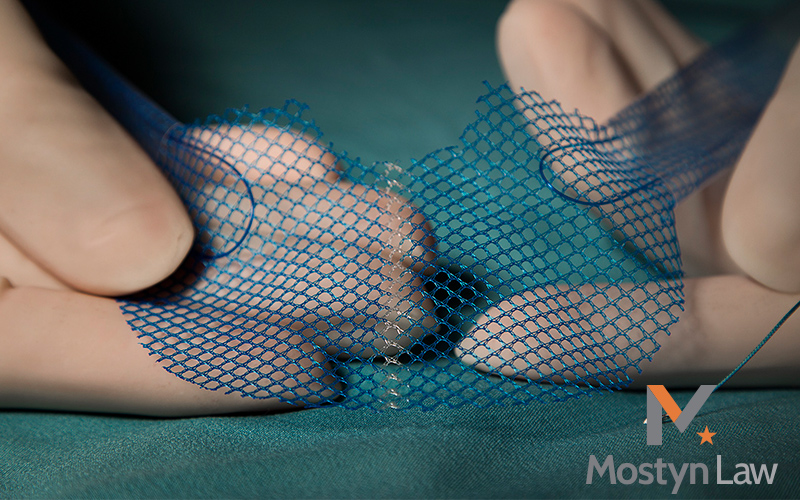When did the use of transvaginal mesh go from being an “experimental” procedure to the standard of care?
The answer might be hidden in a little-known event that began in 2007.
The American College of Obstetricians and Gynecologists (ACOG) medical society warned doctors that vaginal mesh and its implantation should be considered “experimental.”
Dr. Anne Weber authored the ACOG bulletin and she intentionally used the word “experimental” in describing mesh to do pelvic surgery.
At the Budke pelvic mesh trial in 2015, in Camdenton, Missouri, she told jurors she wanted doctors to understand mesh repair was not yet a firmly established practice.
She wrote: “Given the limited data and frequent changes in the marketed products…the procedures should be considered experimental and patients should consent to surgery with that understanding.”
In mid-2005, mesh kits were new on the market and the sales force and its reps were in high gear.
Preceptors, or doctors, who work as consultants for mesh manufacturers, were training other doctors on how to use these new mesh kits that came complete with stainless steel implanting tools and the pre-cut one-size-fits-all mesh.
Under the U.S. Food and Drug Administration (FDA) procedures for clearance to the market, manufacturers were not required to test the medical devices on humans, despite the fact they were to be permanently implanted. No clinical trials would be required under the 510(k) clearance route.
So the word “experimental” seemed to be accurate.
The implanted women never knew that.
But by September of 2007, an ACOG bulletin eliminated the word “experimental.”
“…patients should consent to surgery with an understanding of the post-operative risks and lack of long-term outcomes data.”
By eliminating the word “experimental’ insurance would now be able to cover the procedure.
So with aggressive marketing, sales reps even showing up in the operating room to train on the new procedure, and elimination of the word, “experimental,” all systems were go!
Dr. Louis Wall M.D., wrote about this event in a letter to the International Urogynecological Journal in July, 2009. He concluded ACOG had “abandoned its fiduciary duty to be an advocate for patients.”
The president of ACOG denied that and said doctors were troubled by the word “experimental” that’s why it was changed.
Dr. Vincent Lucente is also a name that has been heard by jurors in transvaginal mesh litigation. He is the doctor who worked to remove the word “experimental” from the bulletin that doctors would read.
In the Budke trial, an e-mail authored by Lucente, working as a consultant for Johnson & Johnson, showed he was, “not worried as much by the medical legal aspect as I am by payors who love to use the term “experimental” as a reason not to pay…BIG problem.”
When ACOG revised the bulletin, Dr. Lucente took the credit. In an e-mail shown to jurors, the Ethicon marketing director said he was doing a “Happy Dance” as a result of the elimination of the word.
“….no tellin how far we can run in 2008 and beyond!” Lucente added in e-mail exchanges.
In his work as a consultant for Johnson & Johnson over a ten-year period, Dr. Lucente received $1.7 million, according to courtroom testimony. He’s been noted to be the highest paid “preceptor” or trainer for the company.
One year after the ACOG bulletin, the FDA issued its first alert that “serious complications associated with surgical mesh for transvaginal repair of POP were “rare.”
By 2011, the FDA reversed itself to say complications were “not rare” and the risks may outweigh the benefits of transvaginal mesh.
By that time hundreds of thousands of women had already been implanted with transvaginal mesh, experimental or not. ###

